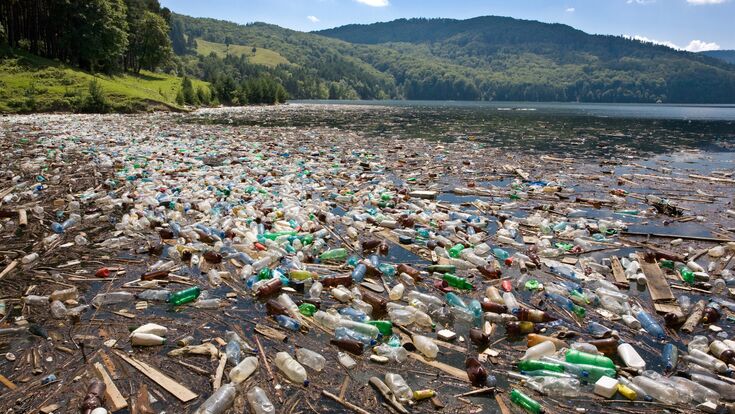Opinion : "We are commited to work towards a healthy environment as a universal right for all"

The Plenary of UNEA-5.2 has approved the Resolution “End Plastic Pollution: Towards an international legally binding instrument”, a step forward for the ongoing discussions on how to deal with the increase of plastics materials being generated every year and to stop it from being a source of pollution.
From a technical perspective, the Resolution addresses "the full lifecycle of plastic", meaning production and design, as well as waste, promotes the sustainable design so plastics materials can be reused and recycled, and affirm the urgent need to strengthen global coordination, cooperation, and governance to take immediate actions towards long-term elimination of plastic pollution.
The Resolution also recognizes the wide range of approaches, sustainable alternatives, and technologies to address the full life-cycle of plastics, further highlighting the need for enhanced international collaboration to facilitate access to technology, capacity building, and scientific and technical cooperation, underlining that there is no single approach.
Following such considerations, the adopted Resolution approves the establishment of an intergovernmental negotiating committee (INC) to develop the details of an international legally binding agreement to be ready for ratification in 2024, during UNEA 6, which must include the following content, among other provisions:
- Promote sustainable production and consumption of plastics, including, among others, product design, and environmentally sound waste management, including through resource efficiency and circular economy approaches;
- Promote cooperation and coordination with relevant regional and international conventions, instruments, and organizations, while recognizing their respective mandates, avoiding duplication, and promoting complementarity of action, considering the best available science, traditional knowledge, knowledge of indigenous peoples and local knowledge systems, and also lessons learned and best practices, including those from informal and cooperative settings;
- Specify arrangements for capacity-building and technical assistance, technology transfer on mutually agreed terms, and financial assistance, recognizing that the effective implementation of some legal obligations under the instrument is dependent on the availability of capacity building and technical and adequate financial assistance, including the need for a financial mechanism to support the implementation of the instrument, including the option of a dedicated multilateral fund.
On behalf of ISWA - The International Solid Waste Association, I'd like to acclaim this great achievement for the whole planet, towards the Future We Want. As already stated in the recent position paper titled "Effective waste and resource management to beat plastic pollution", ISWA recognises the need for and supports the endeavour to prepare an international agreement on monitoring, controlling, mitigating, and eliminating all forms of plastic pollution globally, being ready to contribute to developing effective and efficient solutions based on scientific evidence and within practicable timescales.
The text unanimously endorsed by 175 Member States includes some of the key issues considered as essential by ISWA, giving us a sense of accomplishment and reinforcing our commitment to continue working towards a world where waste should be reduced to a minimum, then collected, recycled, and treated properly, with the residual matter disposed of in a safely engineered way, in order to ensure a clean and healthy environment, as a universal right for all.

